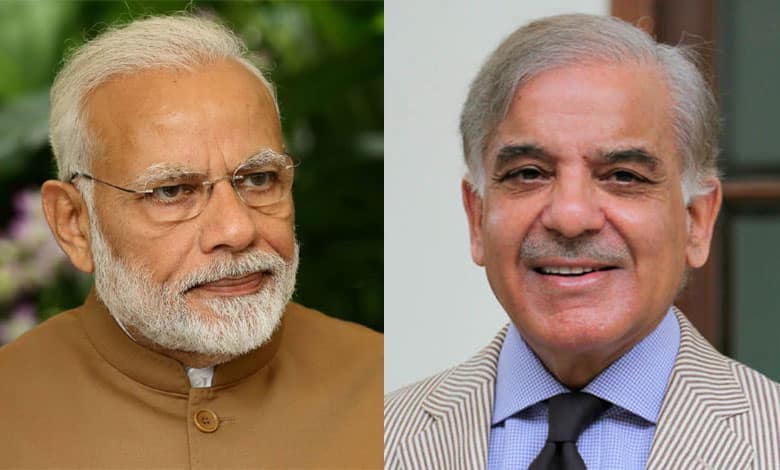Pakistan Puts Simla Agreement ‘In Abeyance’ Amid Escalating Tensions with India
A day after India announced a string of retaliatory measures against Pakistan in response to the Pahalgam terror attack, Islamabad has escalated tensions further by declaring that it will put all bilateral agreements with India — including the landmark Simla Agreement — in abeyance.

New Delhi/Islamabad: A day after India announced a string of retaliatory measures against Pakistan in response to the Pahalgam terror attack, Islamabad has escalated tensions further by declaring that it will put all bilateral agreements with India — including the landmark Simla Agreement — in abeyance.
Table of Contents
The move signals a significant diplomatic rupture between the two nuclear-armed neighbours, particularly given the historical weight of the Simla Agreement, signed in 1972 by then Indian Prime Minister Indira Gandhi and Pakistani President Zulfikar Ali Bhutto in the aftermath of the 1971 Indo-Pak war.
Pakistan Reacts to India’s Diplomatic Offensive
On Thursday, Pakistan condemned India’s recent decisions, which included downgrading diplomatic ties, suspending the Indus Waters Treaty, expelling military attachés, and shutting the Attari-Wagah border. In response, Pakistan’s government stated it “shall exercise the right to hold all bilateral agreements with India, including but not limited to the Simla Agreement, in abeyance.”
This statement came shortly after Pakistan’s National Security Committee (NSC) met under Prime Minister Shehbaz Sharif, rejecting what it termed as “baseless accusations” by India over its alleged role in the April 22 terror attack in Jammu and Kashmir’s Pahalgam that claimed 26 lives.
The Simla Agreement: A Pillar of Indo-Pak Relations
Signed on July 2, 1972, the Simla Agreement was hailed as a diplomatic breakthrough aimed at normalising ties following the 1971 war, which led to the creation of Bangladesh. The treaty emphasized peaceful resolution of disputes, mutual respect for each other’s sovereignty, and non-alteration of borders through force.
Both sides had agreed to withdraw troops, maintain territorial integrity, and restore communication links, under the framework of the United Nations Charter.
Diplomatic Fallout Grows
Pakistan’s decision to put the Simla Agreement in abeyance raises serious concerns over the future of bilateral peace mechanisms, as it effectively stalls any structured dialogue under an established framework.
The move has also been widely seen as a symbolic rejection of diplomatic norms, further straining already fragile relations, particularly in the wake of India’s tough stance following the Pahalgam attack, which India has blamed on Lashkar-e-Taiba-linked operatives backed from across the border.
As tensions mount, global observers and regional stakeholders are likely to monitor the fallout closely, especially given the historical significance of the Simla Agreement as a cornerstone of South Asian diplomacy.

